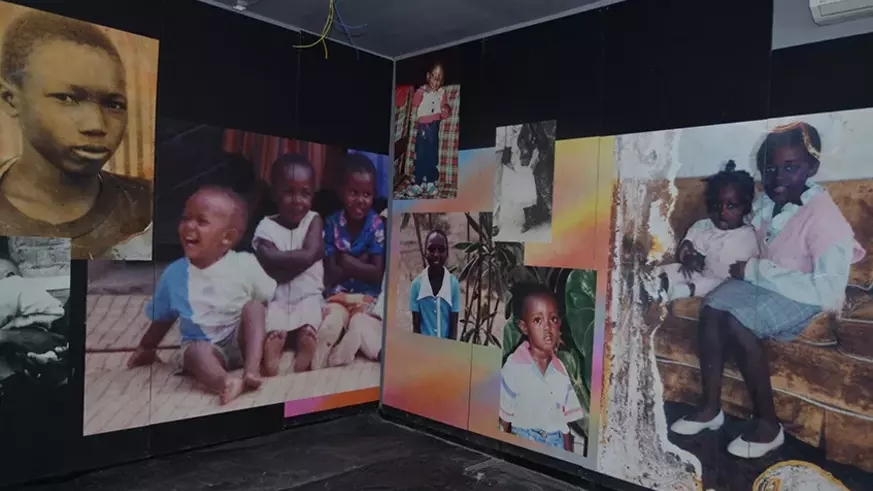
By Bertrand Byishimo, The New Times
The umbrella body of the survivors of the 1994 Genocide against the Tutsi, Ibuka has embarked on a project to electronically store the archives related to the 1994 Genocide against the Tutsi.
Components of the project will mainly include the content of different electronic documents, books and other devices that provide more details on how genocide was prepared and executed.
Naphtal Ahishakiye, the Executive Secretary of the organisation said that the project commenced last month with the target to have a digital archive.
“We started by classification and what we want is to create a digital ‘library’ that can be used by researchers, academicians and other scholars to access information related to the 1994 tragedy,” he told The New Times in an exclusive interview.
As of today, the umbrella body is on the classification stage that will be followed by inventory and later on digitisation.
French experts
The project is run in collaboration with the French experts, courtesy of a Memorandum of Understanding signed between IBUKA and three French academic institutions.
These are the Paris Shoah Memorial, Ecole de Hautes Etudes en Sciences Sociale and the French National Centre for Scientific Research (CNRS).
According to Hélène Dumas, an experienced historian heading the French delegation, preservation of historical evidence is a vital element in the education of history.
“In history, what counts is what can be proved and the modern world is advancing in technology which is being attended to by many people, so it is important that we store these records electronically to access their access for the next generations,” she noted.
Hélène, who hails from CNRS, will follow up the six-month exercise until it is completed.
Experts indicate that preservation of historical evidences of the preparation, perpetration and execution of genocide is one of the steps to fight its denial.
The 1994 genocide against the Tutsi claimed over 1 million lives in a period of 100 days.
